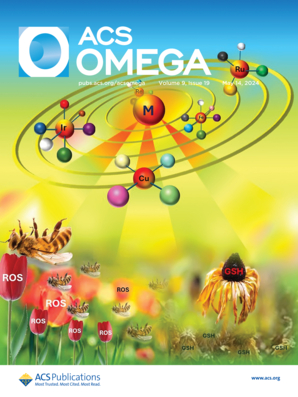Addition of Lauryldimethylamine N-Oxide (LDAO) to a Copper-Free Click Chemistry Reaction Improves the Conjugation Efficiency of a Cell-Free Generated CRM197 Variant to Clinically Important Streptococcus pneumoniae Serotypes
Abstract
Strain-promoted azide–alkyne cycloaddition (SPAAC) reactions like click chemistry have the potential to be highly scalable, robust, and cost-effective methods for generating small- and large-molecule conjugates for a variety of applications. However, despite method improvements, the rates of copper-based click chemistry reactions continue to be much faster than the rates of copper-free click chemistry reactions, which makes broader deployment of click chemistry challenging from a safety and compatibility standpoint. In this study, we used a zwitterionic detergent, namely, lauryldimethylamine N-oxide (LDAO), in a copper-free click chemistry reaction to investigate its impact on the generation of conjugate vaccines (CVs). For this, we utilized an Xpress cell-free protein synthesis (CFPS) platform to generate a proprietary variant of CRM197 (eCRM) containing non-native amino acids (nnAA) with azide-containing side chains as a carrier protein for conjugation to several clinically relevant dibenzocyclooctyne (DBCO)-derivatized S. pneumoniae serotypes (types 3, 5, 18C, and 19A). For conjugation, we performed copper-free click chemistry in the presence and absence of LDAO. Our results show that the addition of LDAO significantly enhanced the reaction kinetics to generate larger conjugates, which were similarly immunogenic and equally stable to conjugates generated without LDAO. Most importantly, the addition of LDAO substantially improved the efficiency of the conjugation process. Thus, our results for the first time show that the addition of a zwitterionic surfactant to a copper-free click chemistry reaction can significantly accelerate the reaction kinetics along with improving the efficiency of the conjugation process.





